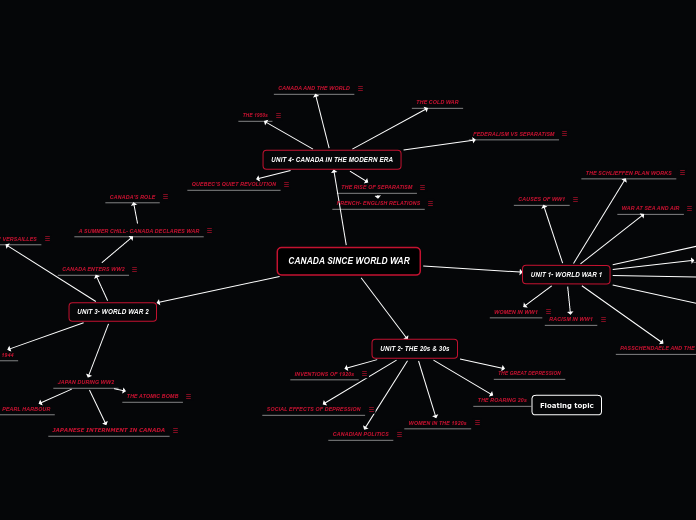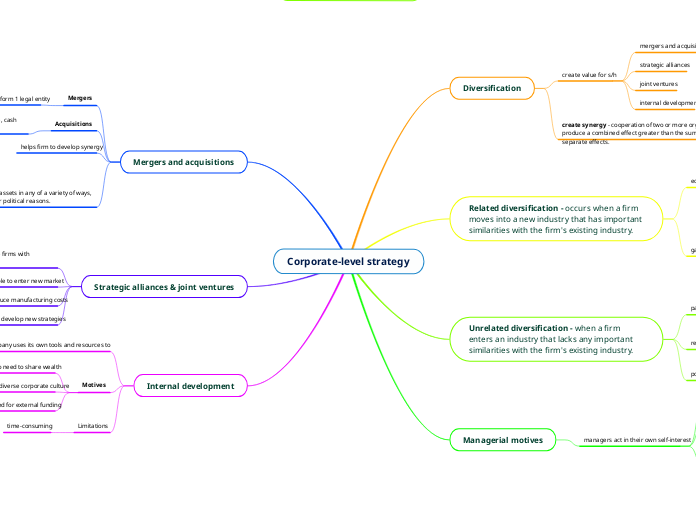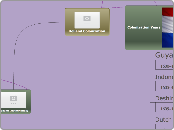by Lara carballal 6 years ago
336
The first world war
The early 20th century was characterized by rising nationalism and the ambitions of empires, significantly influencing the geopolitical landscape. Germany, under a new kaiser in 1888, aimed to expand its empire, while Austria-Hungary, fearing the rise of nationalist sentiments, faced internal instability.









